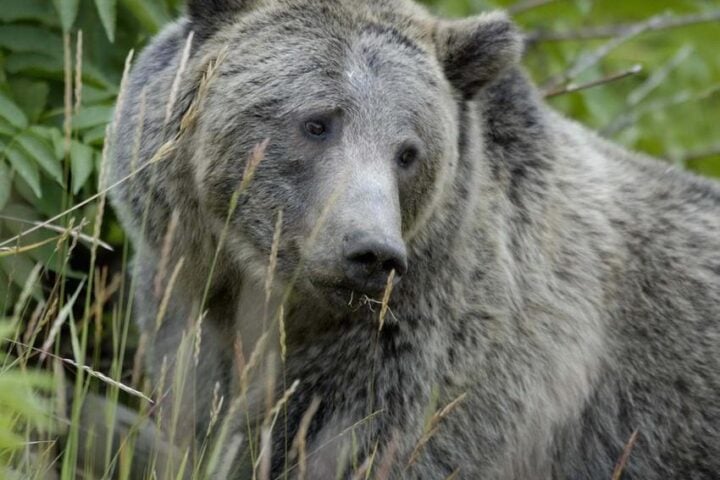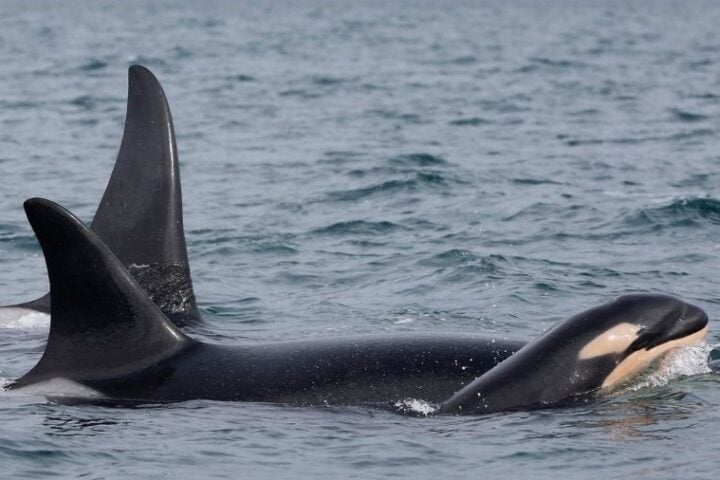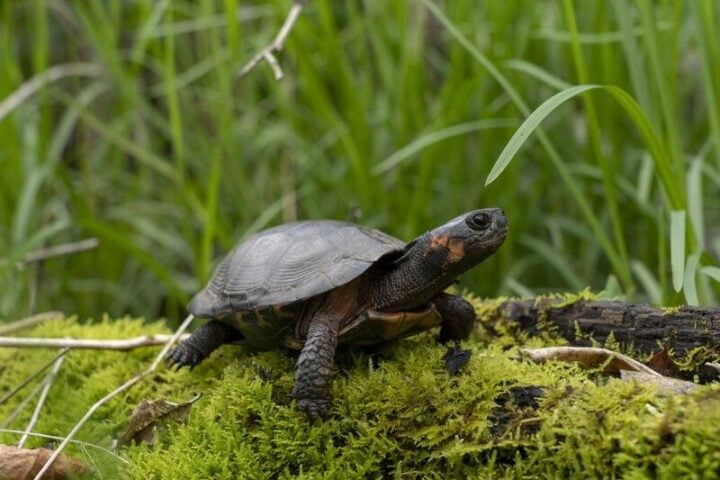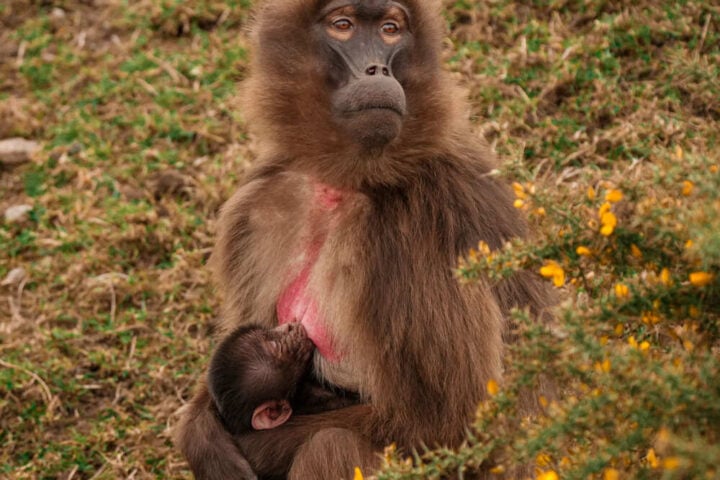A stark reality confronts our ocean ecosystems as 44% of reef-building coral species now face extinction, according to the latest IUCN Red List assessment announced at COP29 in Baku, Azerbaijan. This marks a sharp increase from 2008 when one-third of coral species were threatened.
The Current State of Coral Decline
The comprehensive evaluation of 892 warm-water reef-building coral species reveals accelerating deterioration of these marine ecosystems. “As world leaders gather at the UN climate conference in Baku, this global coral assessment vividly illustrates the severe impacts of our rapidly changing climate on life on Earth,” states IUCN Director General Dr. Grethel Aguilar.
Climate change remains the primary threat, with rising water temperatures triggering mass bleaching events. When water warms up, the corals expel their symbiotic algae (zooxanthellae) – the source of their vibrant colors and primary food supply – leading to widespread mortality.
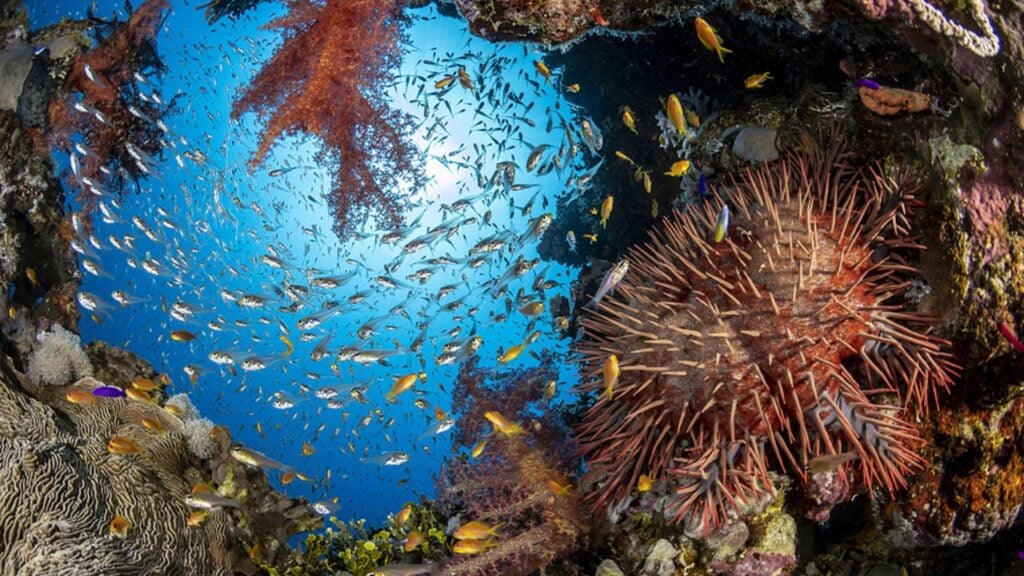
Critical Species and Hotspots Under Threat
The Caribbean region faces particularly severe challenges. Two species – Staghorn coral (Acropora cervicornis) and Elkhorn coral (Acropora palmata) – are now critically endangered. These species battle multiple threats:
- Annual severe bleaching events
- Water pollution
- Hurricane damage
- Devastating coral diseases
Another major inhabitation of the corals is in the Indo-Pacific region, with the Coral Triangle recognized as Earth’s most biologically diverse marine ecosystem. The recent assessment by Singapore’s Lee Kong Chian Natural History Museum evaluated species in this regions and found them facing widespread decline.
Economic and Ecological Impact
Coral reef ecosystems provide essential services valued at approximately £6 trillion globally:
- Support for 25% of marine fish populations
- Coastal protection (reducing wave energy by up to 97%)
- Carbon sequestration through protection of seagrass meadows
- Tourism revenue through fishing, diving, and snorkeling
- Food security for coastal communities
Beth Polidoro, Associate Professor at Arizona State University and IUCN Species Survival Commission Coral Red List Authority Coordinator, explains: “By acting now, we can slow the pace of ocean warming and broaden the window of opportunity for corals to potentially adapt and survive in the long term. This is not just about preserving the spectacular beauty of coral reefs. Coral ecosystems also sustain coastal fishing communities, stabilise the shoreline and coastal habitats, and help remove carbon from the ocean, among other benefits.”
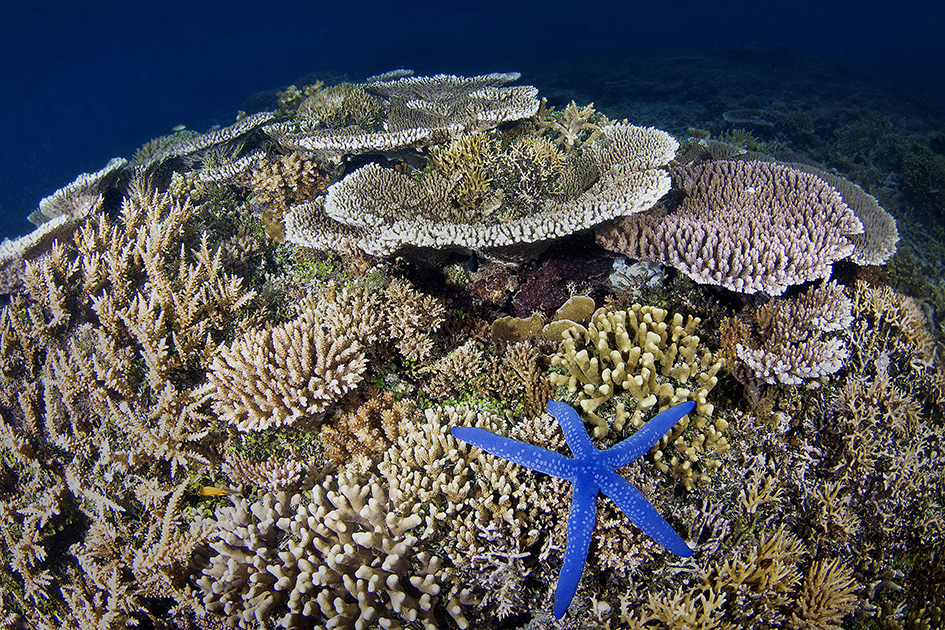
The coral health assessment combines:
- Models of past coral cover loss
- Future predicted bleaching events from climate change models
- Species-specific traits related to resilience
- Vulnerability assessments over 30-year timeframes
Similar Posts
Conservation Challenges and Solutions
Dr. David Obura, Co-Chair of the IUCN SSC Coral Specialist Group, emphasizes the urgency: “Without relevant decisions from those with the power to change this trajectory, we will see the further loss of reefs, and progressive disappearance of coral species at larger and larger scales.”
Key conservation priorities include:
- Immediate reduction of greenhouse gas emissions.
- Addressing local threats like pollution and overfishing.
- Research into coral adaptation to warmer waters.
- Protection of resilient coral populations.
- Implementation of effective marine protected areas.
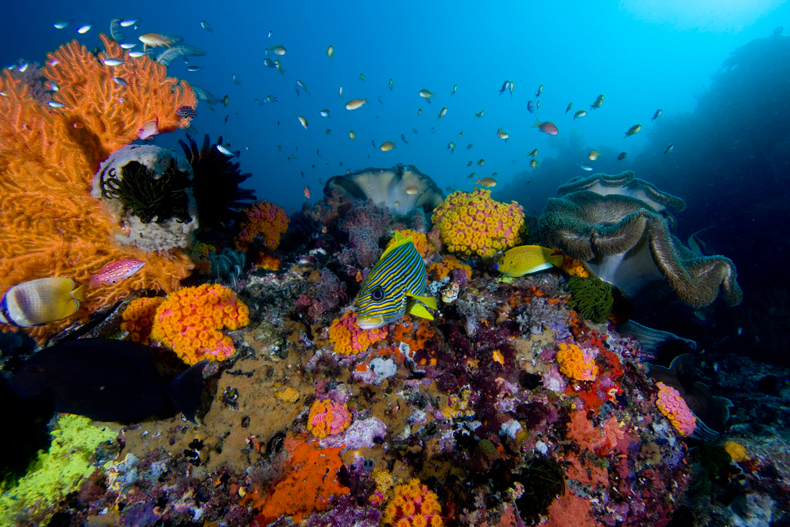
Looking Forward
Even if greenhouse gas emissions stopped today, models suggest several decades would pass before global warming trends stabilize. This underscores the critical need for immediate action at both global and local levels.
The IUCN and Red List Partners have launched a global campaign culminating at the IUCN World Conservation Congress in Abu Dhabi (October 2025) to accelerate species assessments and conservation efforts.
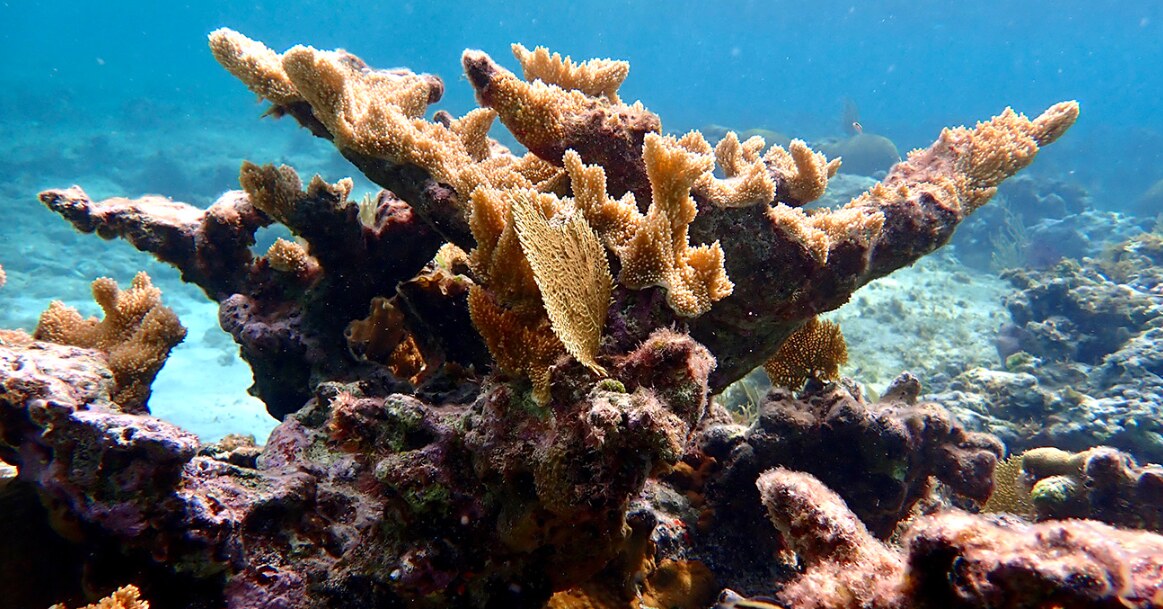
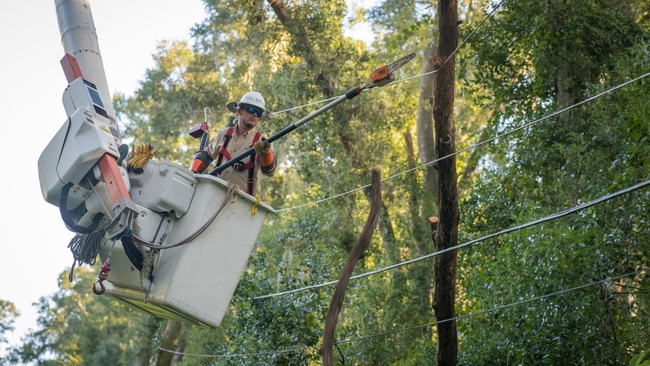



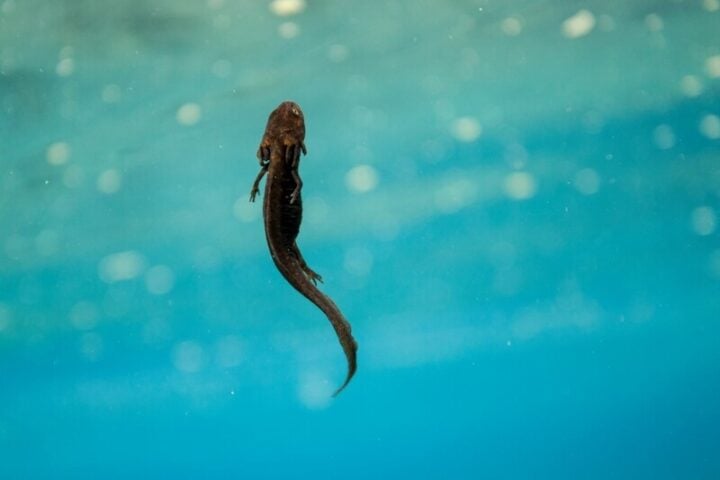
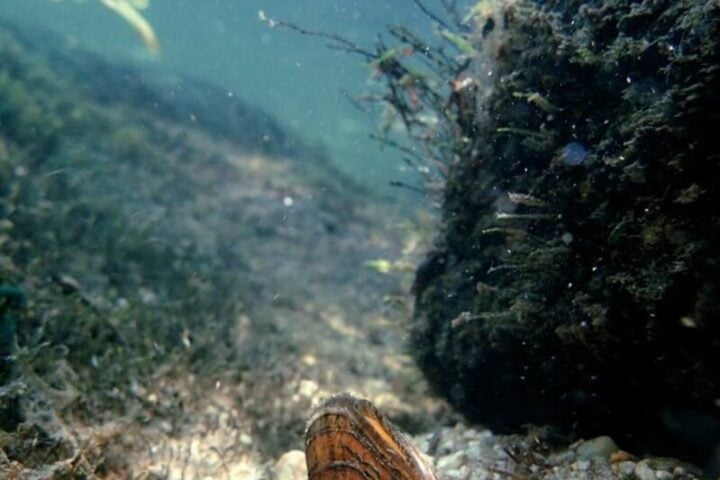


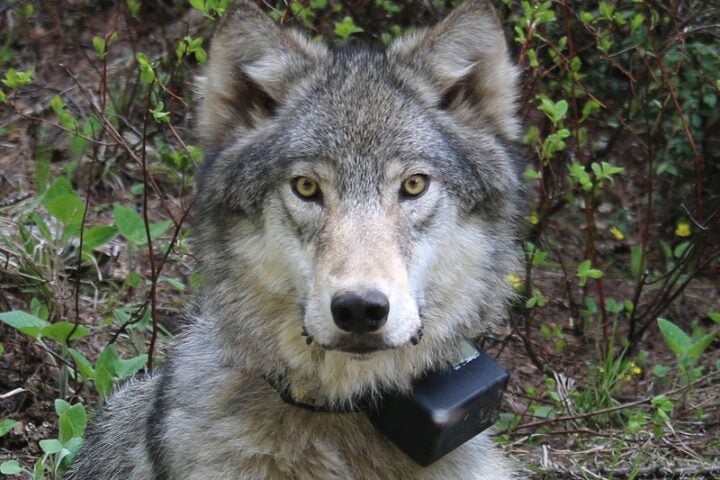
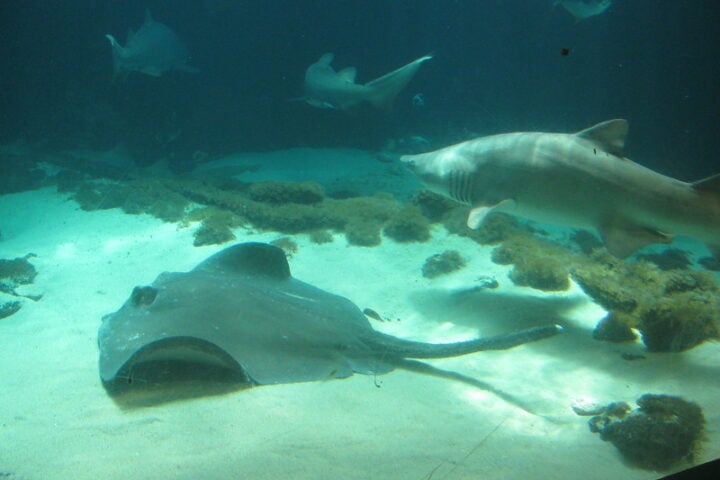
![Representative Image: European Starling [49/366]. Photo Source: Tim Sackton (CC BY-SA 2.0)](https://www.karmactive.com/wp-content/uploads/2025/04/Starlings-Drop-82-in-UK-Gardens-as-Birdwatch-2025-Reveals-Record-Low-Count-Since-1979-720x480.jpg)
